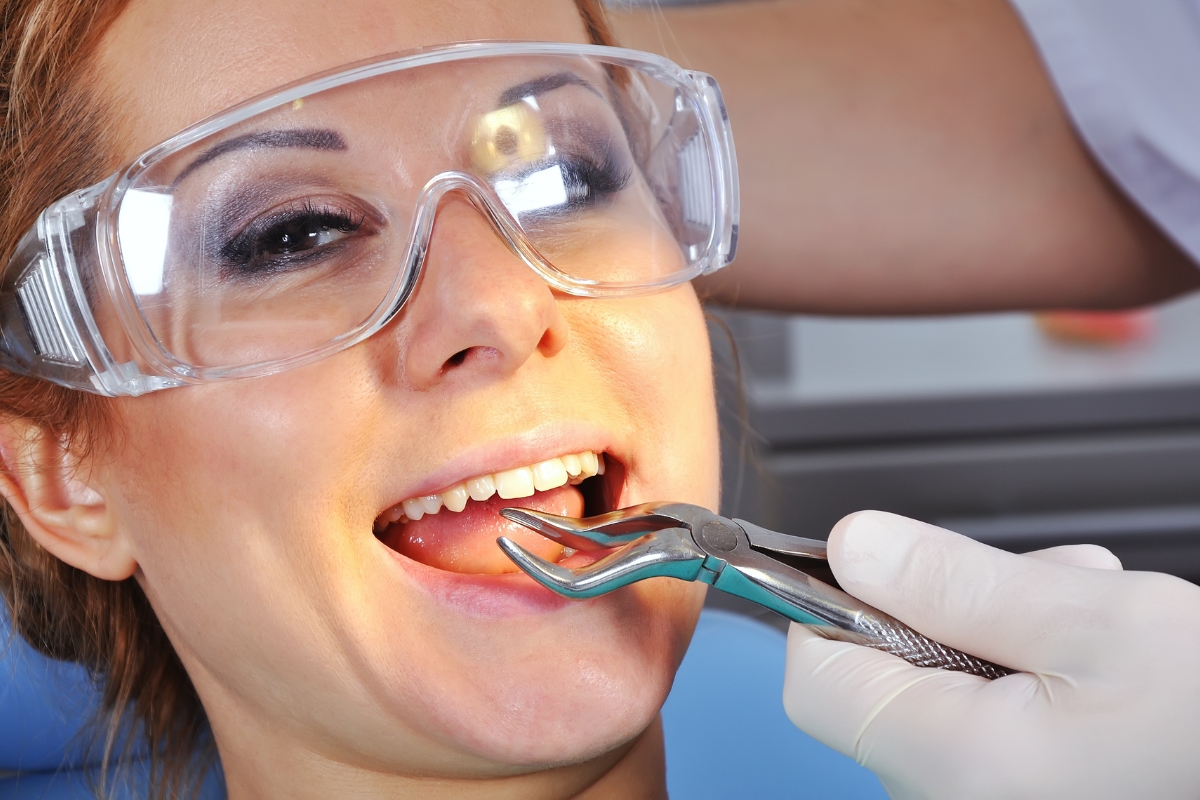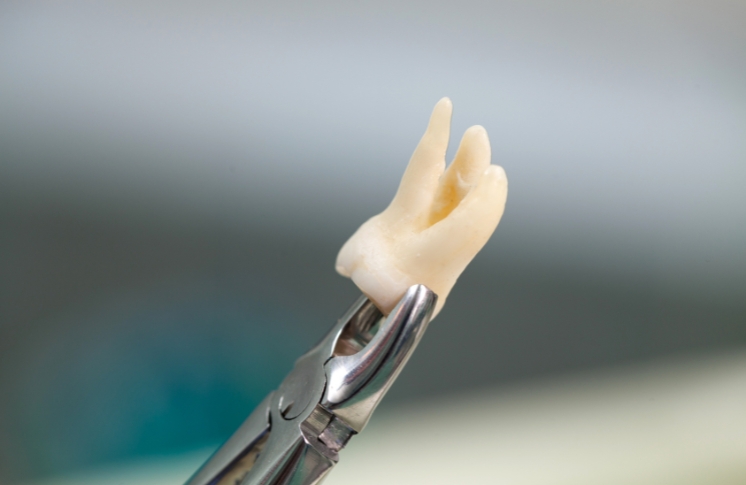
Tooth Extraction Recovery Timeline: When Can Chicago Heights Patients Get Back to Normal Activities?

Tooth extraction has a tendency to evoke fear and apprehension over healing time. Most Chicago Heights residents lead busy lives and wonder how long it would take to recover. Awareness of each stage helps plan days around school, work, and family routines. Healing time depends on your own health, the nature of the procedure, and post-procedure follow-up.
Every stage is important for comfort and stability. Awareness of what to expect prevents panic and facilitates faster recovery. Let’s break up the recovery time and learn how to heal comfortably in steps.
The First 24 Hours: Rest, Clot, and Care
The first day following tooth extractions makes or breaks the healing process. The body forms a clot inside the socket that shields nerves and bone from infection. Rest completely during these hours and refrain from talking and chewing excessively.
Avoid smoking and not sucking through straws because the sucking action can dislodge the clot. Gently rinse your mouth with saltwater after meals to keep the mouth clean. Spend a quiet evening in after wandering. Good rest prevents the clot from being dislodged for smooth healing.
Day 2–3: Coping with Swelling and Discomfort
Some mild swelling, tenderness, and ooze are common after tooth extractions in Chicago Heights at this time. Cold compresses will help with swelling, and of course, make you feel better right away. Over-the-counter pain medication is helpful with mild discomfort, but more importantly, it keeps your inflammation down. Gentle brushing and flushing avoid irritation without dismantling the clot.
In most cases, the maximum swelling occurs on the second day, only to subside slowly. Fluids and nourishing food energize and repair. The majority of patients visiting Chicago Heights experience sustained improvement by the third day. Healing below the gums also progresses as post-op tissues grow stronger by the hour.
Day 4–7: Soft Foods and Steady Healing
This is recovery from healing to resilience. Begin adapting as soft tissue heals. Opt for soft foods such as oatmeal, yogurt, and mashed potatoes. Stay hydrated and skip any hard snacks or spicy foods. Soft brushing helps remove debris without harming the wound site.
If cravings strike, Chicago Heights has wonderful smoothies perfect for sensitive gums. Energy levels slowly return, but no hard workout so soon. The socket is healing closed and getting a harder tissue under the surface every day.
Week 2 and Later: Returning to Normal Life
Two weeks after tooth extractions, patients may resume full activities. Energy returns as swelling completely disappears. Speech, consumption of food, and smiling become normal. Sports, gym exercises, and social outings fit easily into routines.
Dentists recommend appearing for post-operative appointments to confirm complete closure of the socket. Recovery varies when more than one tooth or more than one operation is done.
Patience remains the key to long-term oral comfort and protection. Most Chicago Heights patients have full strength restored by now and engage in pain-free everyday activities again with confidence.
Long-Term Healing and Bone Recovery
Tooth removal healing continues behind the scenes for weeks. Gum tissues close, and bone recasts itself naturally. Jaw realigns and sets around the extraction site. For replacement patients, such as bridges or implants, timing is crucial.
Compliance with dental procedures before initiating restoration treatment is critical. Proper care and hygiene maintain the sockets free of infection and clean. Patience ensures long-term stability and comfort for the recovery phase. The ability of adaptation by the body restores normal chewing function and even alignment naturally over time.
When to Call Your Dentist
There are some signs of complications after tooth extractions in Chicago Heights. Pain lasting longer than seven days needs to be taken care of immediately. Dry socket is accompanied by throbbing pain, bad taste, and foul smell. Fever or swelling aggravated indicates infection and immediate professional assistance.
Never neglect abnormal discharge, persistent bleeding, or jaw stiffness. Consult a dentist immediately when the symptoms arise. Early assessment avoids additional discomfort and allows faster recovery. Professional treatment guarantees easy healing and good dental health over the long term without unnecessary complications thereafter.
Recovery from tooth extractions takes time, care, and professional treatment. Obeying every precaution prevents complications and reduces downtime. Normalcy returns to your life in Chicago Heights once healing is complete.
Healthy behavior safeguards gums and fortifies future oral strength. Plan your tooth extraction or recovery concerns by visiting us.


